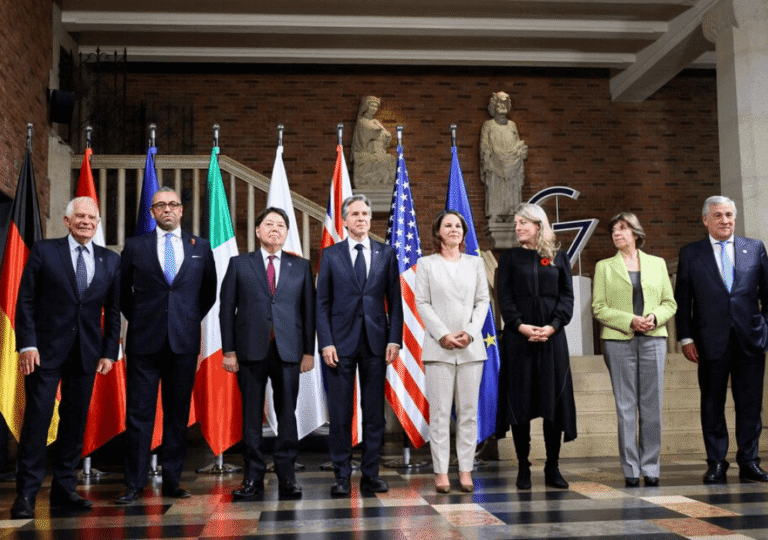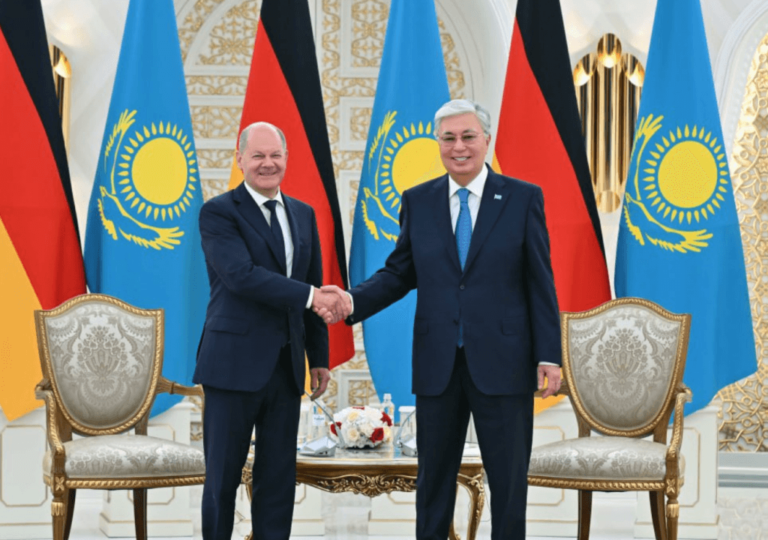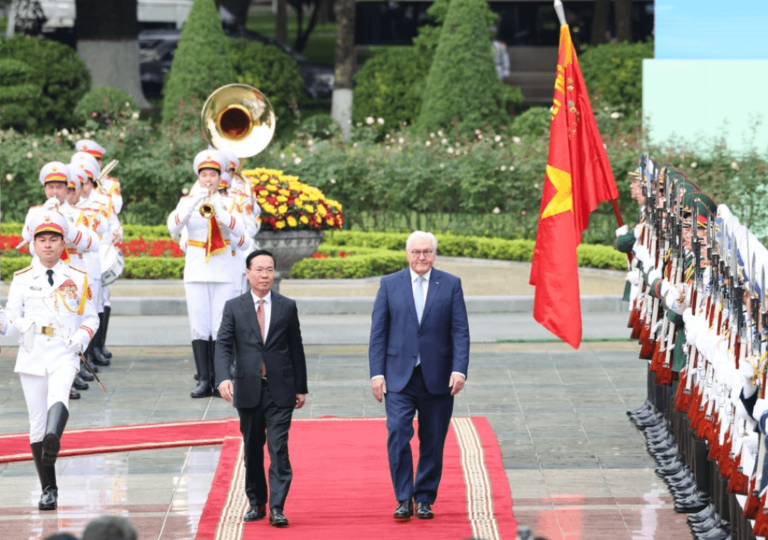G7 Finance Ministers Find Common Cause on China

At the latest G7 finance ministers' meeting, the world’s top economies joined forces to address China’s trade practices, signaling a shift toward unity and strategic alignment.

At the latest G7 finance ministers' meeting, the world’s top economies joined forces to address China’s trade practices, signaling a shift toward unity and strategic alignment.

Germany seeks to strengthen ties with Central Asia for energy resources amid declining Russian influence

As geopolitical tensions rise in Asia, Vietnam emerges as Europe's alternative to China, drawing attention through strategic partnerships, economic growth, and diplomatic ties, signaling a shift in global dynamics.